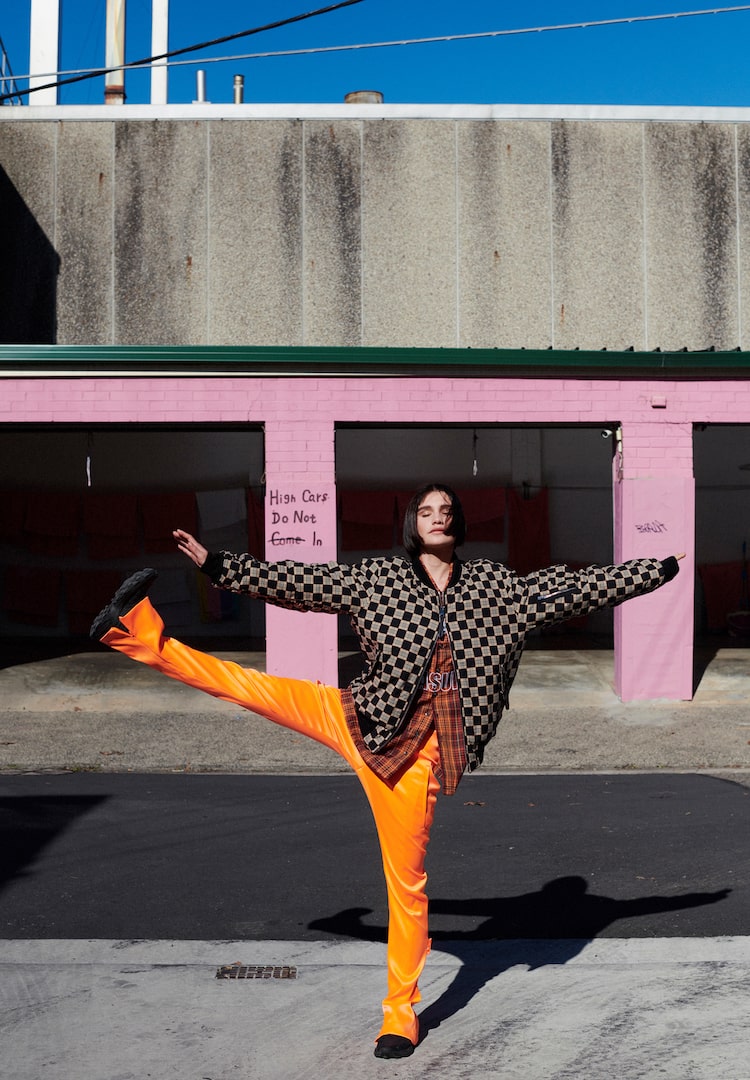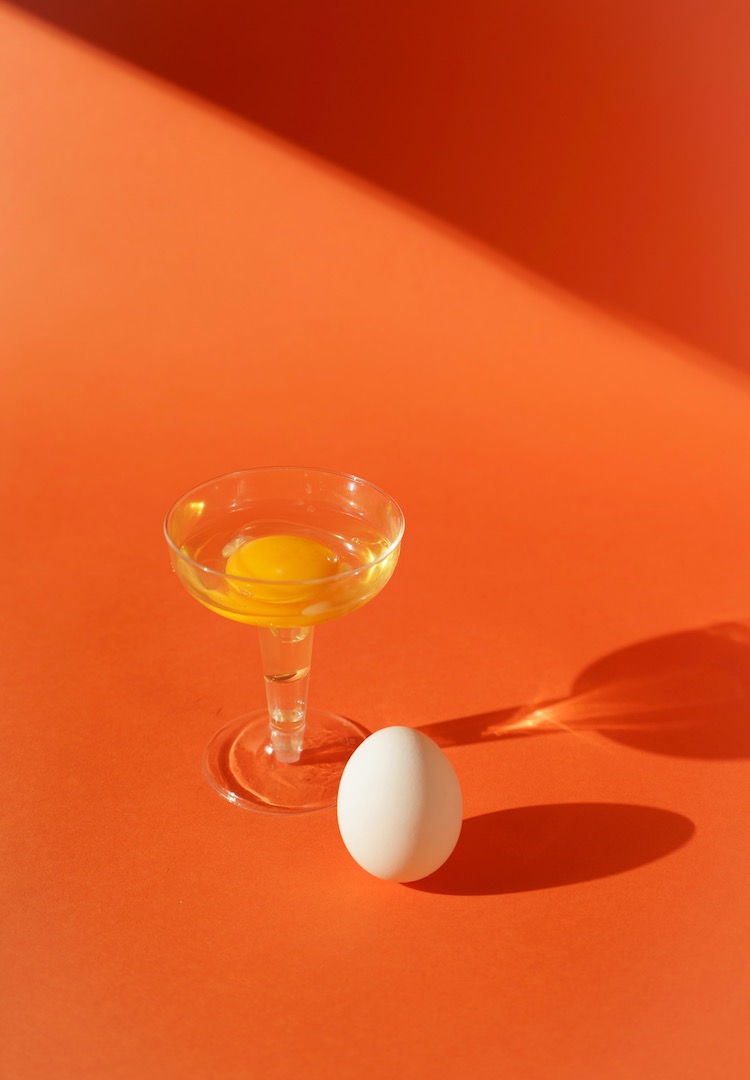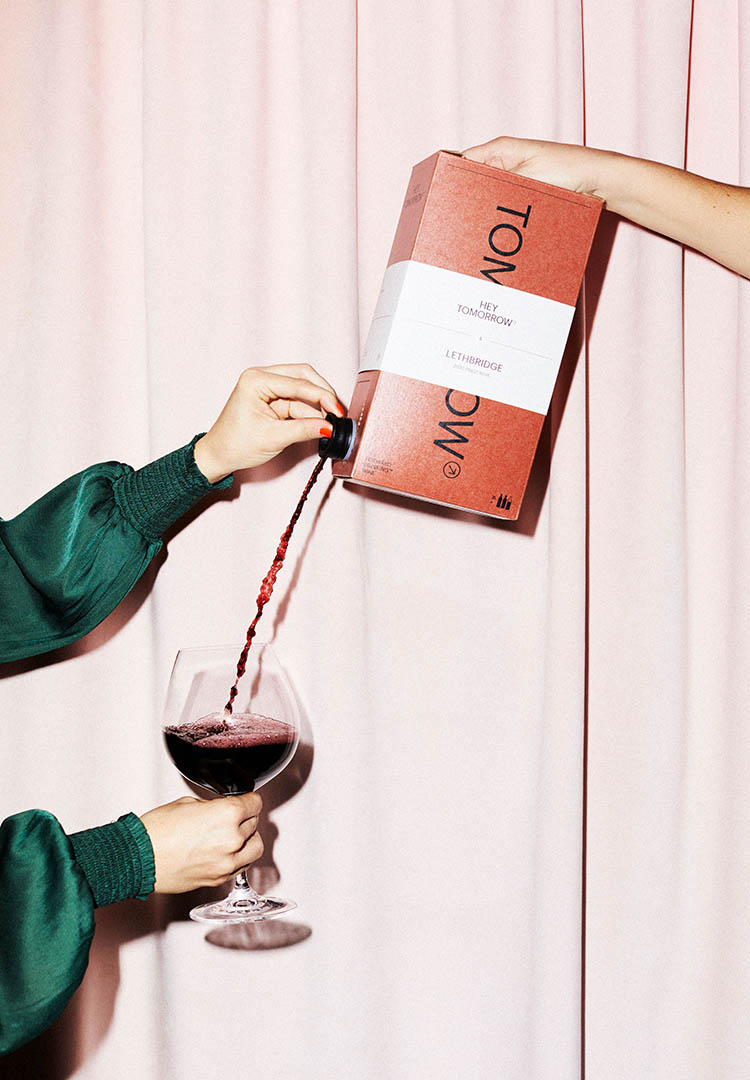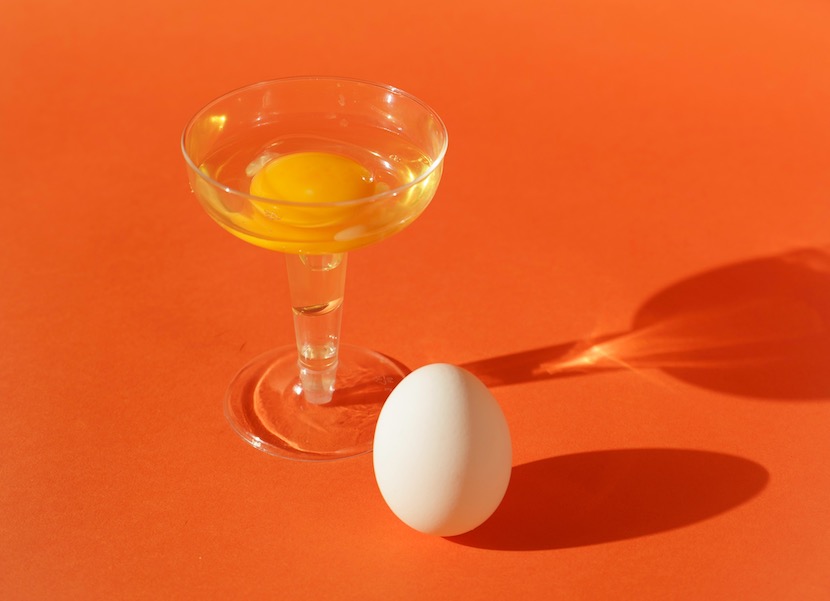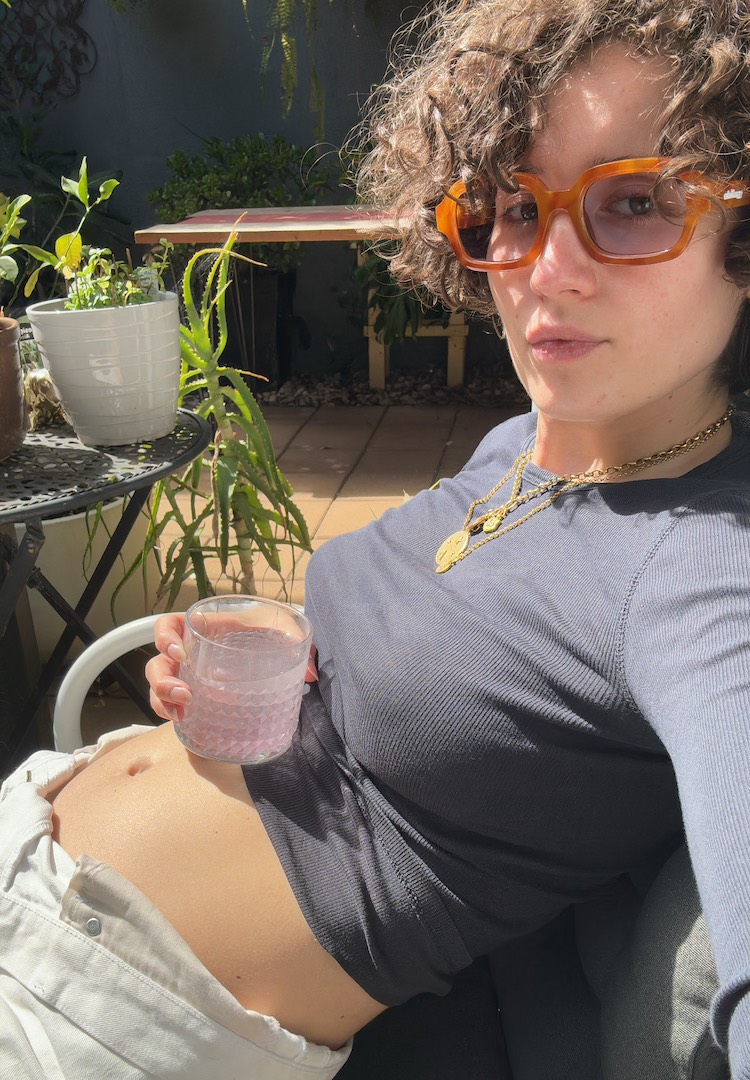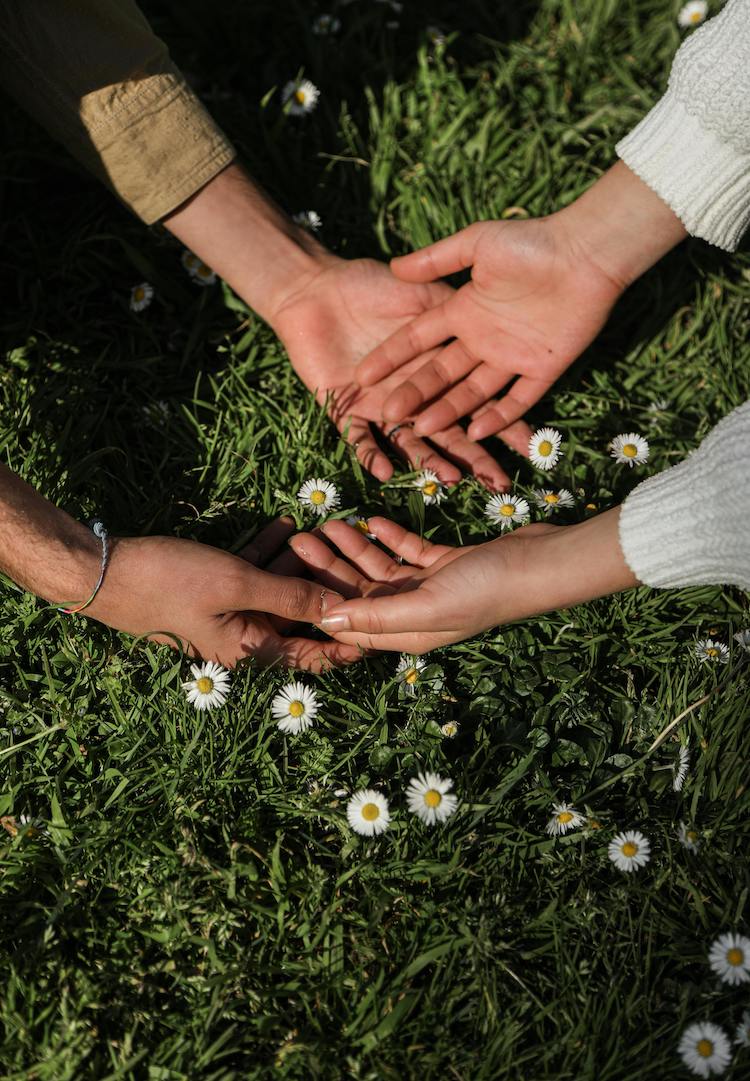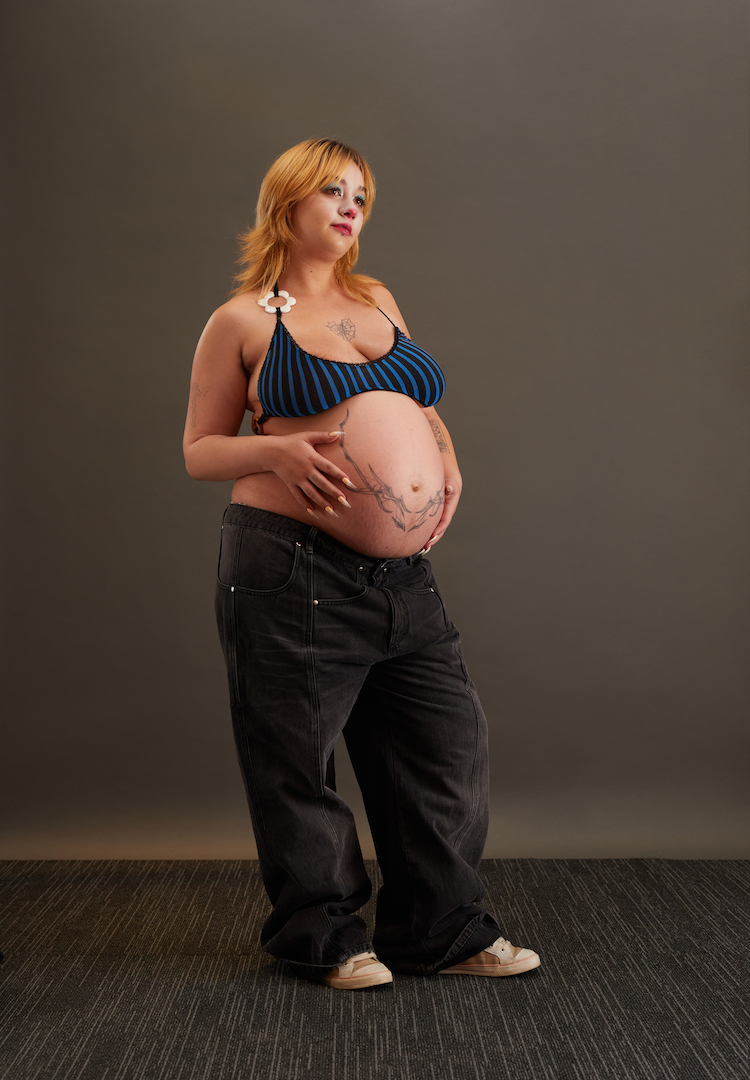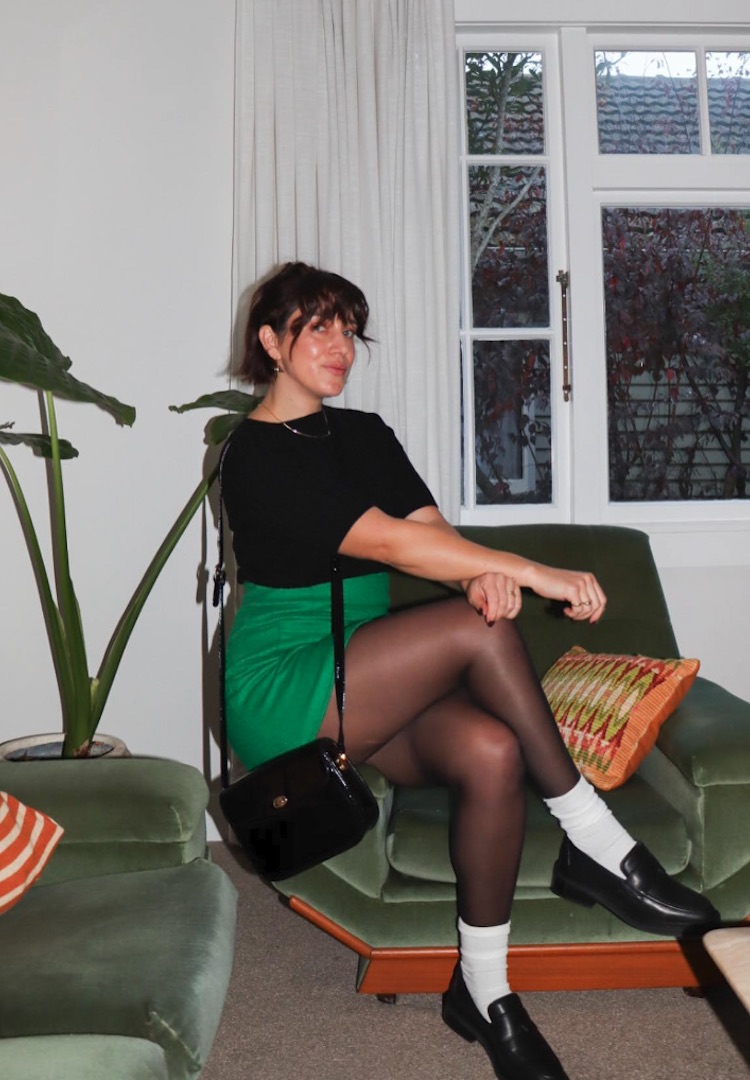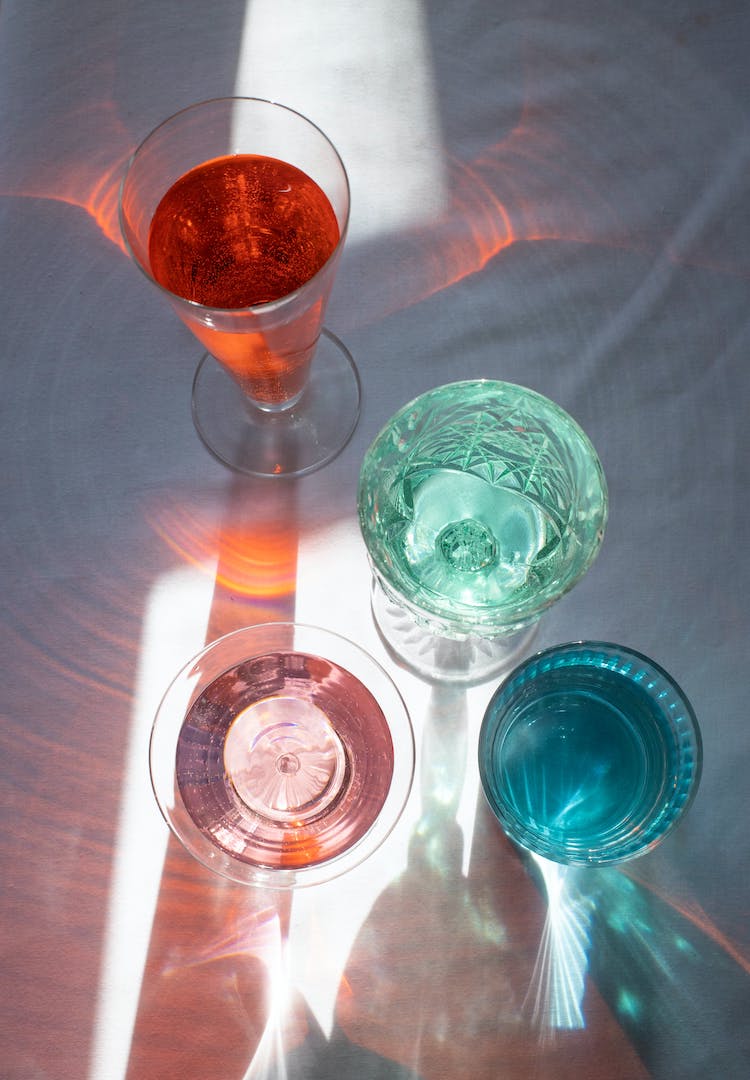Is my early twenties too young to be freezing my eggs?
WORDS BY Maeve Galea
Is this the next frontier for female reproductive choice or do we all need to chill out?
Remember how left behind you felt when everyone started using tampons and you were still sticking a bulky pad onto your undies when that time of the month rolled ’round?
Well, that’s how I felt when scrolling through Facebook one night I came across a post from Natalie, a girl I played soccer with in primary school, a big smile across her face as she shared the news that she had frozen her eggs.
Interested to hear how others navigate the world? Head to our Life section.
Immediately I started to feel panicked, like I had missed the memo that this is what we are doing now. In fairness (and hindsight) she was the first person my age (23) who I actually knew doing it.
But I’d just come back from living overseas in Argentina where some of my friends, American ex-pats in their late-twenties, had begun the process – extracting, freezing and storing their eggs – so they would be able to use them later to get pregnant through IVF.
It made me wonder: is egg freezing evolving from a reactive procedure used by women in their late-thirties (on the cusp of, or already past the point at which one’s fertility declines) into an investment made on one’s childbearing future? And if it is, should I be taking my future by the ovaries now so when I’m in my thirties I can just ahem, ‘chill out’?
Curious about this new shift (and able to hide my personal interest behind the excuse of “research for a piece I’m writing”) I spoke to Dr Melissa Riddle, a GP with over 35 years experience specialising in women’s health and an accredited shared antenatal care provider. “I’m always a bit surprised how uninformed most women are about their own fertility,” Dr Riddle tells me over the phone one lunchtime in lockdown.
Turns out she has reason to be. I’m embarrassed to admit it but I walked away from our conversation with the newfound knowledge that a female baby is in fact born with all the eggs she will ever have (something we apparently learnt in Personal Development, Health and Physical Education classes when I must not have been listening). And yet, that’s exactly why Dr Riddle tells me.
“If I’m seeing a patient and I see that they’re around 30, I’ll often bring it up and ask if children are part of their life plan.” If they are, she will refer them to speak to someone about their options; one of which is freezing their eggs.
She explains her patients in their thirties might decide to delay having a family for many reasons, often if they don’t have a partner or want to prioritise their career, other times simply because “they just kind of haven’t thought about it”. For her, it’s not about forcing a decision but ensuring her patients are educated about the finite nature of female fertility.
“Of course, a movie star might have a baby at 45, but it’s been well known for a long time that once you have passed the age of 36 there is a steep decline in fertility and it becomes less and less likely you will produce a healthy pregnancy.”
But while Dr Riddle is happy to go on the record as a proponent of the procedure, when I venture to ask her if she thinks women in their twenties – who, if we continue to follow current trends, will be having babies later than women before us – should be considering freezing our eggs now, while we have more of them and they are still young and healthy, she is less enthusiastic.
“There is one good reason why I would encourage someone in their twenties to freeze their eggs and that’s because occasionally young women get cancer and the chemotherapy may destroy all their eggs,” she explains.
“I think that’s terrible if women feel any pressure that their twenties are the only time you can harvest eggs,” Dr Riddle continues, and it’s a relief to know that this isn’t a now or never decision, especially because the procedure comes with a hefty price tag.
Depending on whether you can get money back through Medicare or if you have private health insurance to cover the costs associated with the egg retrieval surgery, the initial upfront costs usually come to between $5 to 15,000.
Perhaps that seems like a small price to pay for peace of mind but the ongoing costs mount up too. For every year you don’t use the eggs you’ve frozen you’re costing yourself an extra $1,000 for storage. Eventually, if you end up needing them you will have to throw down between $5 to 15,000 (per cycle) to pay for the IVF procedure that’s needed to actually impregnate you with the extracted egg.
The accumulative cost is the reason all my ex-pat pals were undergoing the procedure in Argentina where already low medical fees compounded with a generous exchange rate cuts those figures in half, sometimes more, leading to a growing trend of fertility tourism.
So if doctors are not advocating for this, then where is the push coming from? “Unfortunately fertility treatment is a very corporatised area of medicine now,” explains Dr Riddle. When you consider the money to be made, it’s not hard to see why.
In fact, type in ‘freezing eggs in my twenties’ to Google and the top result will land you on the website of one of Australia’s biggest fertility chains, where in green size 48 Helvetica font it’s written “Ultimately, the younger you freeze your eggs, the better”.
But Dr Riddle maintains that although freezing your eggs in your early twenties may result in a good number of high-quality eggs being frozen, you are unlikely to know at that age if you will ever need to use them. It’s something to consider when waiting until you’re in your early thirties could yield similar results and (more importantly) save you from going through a costly procedure needlessly.
While Dr Riddle makes a compelling case against egg freezing in your twenties, of course, there is a spectrum of medical opinions on the issue. Natalie, who at 23 had decided to go ahead with the procedure after receiving test results that indicated her egg count was on the lower end of the scale, told me that the fertility expert she saw was a huge advocate for the procedure.
“She completely calmed me down when she was immodestly was like, ‘Yep, I think you’re doing a really good thing. I totally support this decision. This is how you start the whole process’.”
Interestingly, Natalie who has “no family history of early menopause or infertility problems” was alerted to her potential low egg count after she attended a talk about egg freezing through her work. She decided to check her AMH levels (the hormone that indicates a woman’s ovarian reserve or egg count) as part of a routine blood test, because “I was just curious”.
Despite her GP warning her beforehand that AMH is controversial and that “A lot of GPS don’t like to order AMH testing for younger people because it can kind of send people into a state of anxiety,” when she got her results, she couldn’t help but panic. If taking an $85 test and knowing what’s going on with your fertility seems too good to be true, Dr Riddle tells me that’s because it is.
“I started using AMH testing when it first came out because it sounded great, but I’ve since realised it’s actually not as useful as you think it is. It doesn’t give any measure of the health of the individual eggs, it just tells you how many you have compared to other women your age.”
But for me, it wasn’t the potential misrepresentation of a woman’s fertility from an AMH test that was the nail in the coffin for my interest in freezing my eggs in the next five years. It was the fact that despite all the money and science and planning, ultimately, much like your chances of conceiving naturally, the chances of an IVF cycle working are based on pure luck.
“When you freeze an egg there’s not a guarantee of the fertilisation and the ability to have a kind of progressive pregnancy,” explains Dr Riddle. In fact, according to the IVF Australia website, while the chances are good that your eggs will survive warming, become fertilised and develop into embryos, a single embryo has only a 20 to 35 per cent chance of developing into a pregnancy.
It’s disheartening to hear that freezing your eggs isn’t a silver bullet for age-related infertility and won’t necessarily solve a problem that Gen Z women cannot escape: even though how we live our lives has changed, our biology hasn’t evolved with us.
So, am I still FOMO-ing? Not really. There is no doubt we are lucky to live at a time (and in a country) where we have options for how we want to live our lives, and when – or if – we want to have kids. But, knowing I have a few more years to figure it out (and the option to save myself a decent amount of cash in the meantime) makes me think this is no decision to rush into simply because you think you should.
As for Natalie, with plans to start a decade-long stint at medical school, maybe having six 23-year-old eggs in the bank isn’t such a bad idea after all. She sees it as a win-win. “Either I’ll never have to use them and I’ll be happy I did it for peace of mind, or I will and I’ll be glad I did it.” In hindsight, it makes sense. I think I saw tampons in her school bag at soccer training once.
For more on freezing your eggs, try this.

